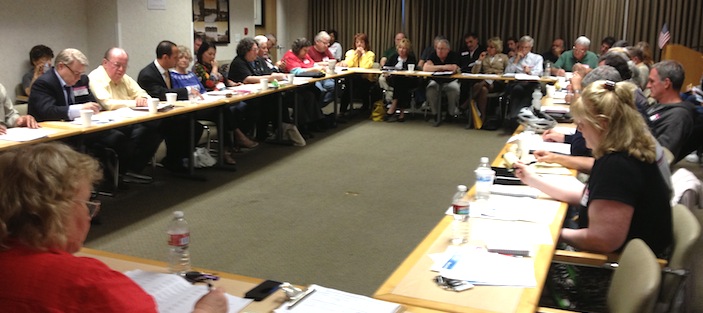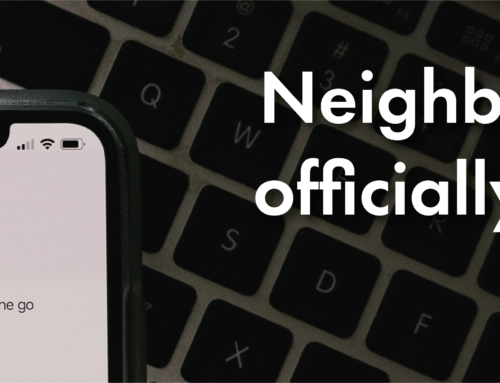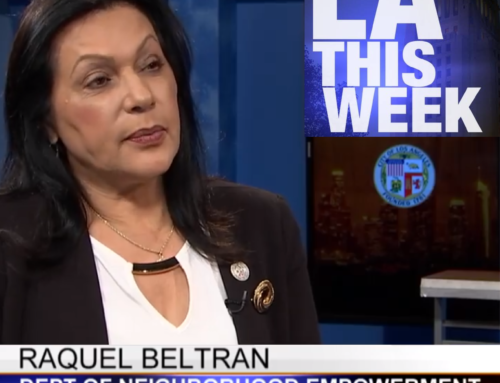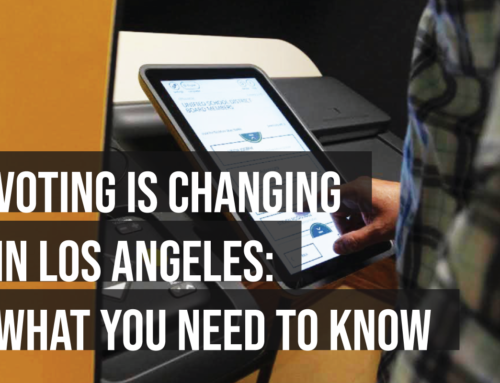HOW TO RUN A MEETING
Parliamentary procedure is the set of rules and customs governing how meetings and voting are conducted. There are different parliamentary authority models, such as Robert’s Rules of Order, but each Neighborhood Council should select one and proceed accordingly, or else projects don’t get finished and meetings get out of hand quickly. Here’s a video on how to run a meeting.
REGULAR VS SPECIAL MEETINGS
Regular Meetings are held on a routine day and time. For example, your board may meet on the 4th Tuesday of the month from 7-10 pm. Regular meetings are usually publicized on a Neighborhood Council’s webpage and social media accounts, and are often held at the same location(s). Someone could attend one of your regular meetings without any notice or reminders. The Brown Act requires that agendas for regular meetings be posted at least 72 hours before the meeting begins, to give the public time to see the notice and plan to attend.
Special Meetings are held to deal with specific business so urgent it cannot wait till the next regularly scheduled meeting. The Brown Act requires that Special Meeting agendas be posted 24 hours in advance. Special meetings are not a safety net for regular meetings that did not get posted on time. For example, if you missed the 72-hour agenda deadline for a regular meeting, you cannot simply re-label it as a “special meeting” in order to shorten the posting deadline to 24 hours. You must reschedule the meeting for a day and time different from when the regular meeting would have been held.
AGENDA POSTING
Per California’s Brown act, Regular Meeting agendas must be posted 72 hours prior to their start time and Special Meeting agendas posted 24 hours prior. Agendas must be shared in the following 5 ways before this deadline:
- In the physical location(s) determined by your Council
- To the Board or Committee members expected to attend the meeting
- On your Neighborhood Council’s website (if you have one)
- To your email mailing list, and
- To the City’s Early Notification System (ENS), which allows Angelenos to subscribe to agendas for the City meetings of their choice. To get your agenda posted to ENS, email it to NCSupport@LACity.org with the name of your Neighborhood Council and the meeting title and date in the subject line (e.g., “Echo Park NC Regular Land Use Meeting Agenda Thurs 8/18”).
Do not forget, when you are creating an agenda, to include an email and phone number to contact if a stakeholder would like to request translation services or needs help with ADA accessibility issues.
The required legal language on agendas is:
- Title II ADA language
- Brown Act language regarding public access of records
- An agenda item providing the opportunity for general public comment.
Learn more about how; when; & where to post your Board and Committee agendas in this FAQ.
PUBLIC COMMENT
A period for general public comment on items not on the agenda should be included on the agenda for each Board or Committee meeting, and public comments should also be taken for each agenda item. At the start of your meeting, announce that those wishing to comment should fill out a Speaker Card with their name and contact info and bring it up to the front.
Make sure everyone has the same amount of time to speak – 1 or 2 minutes usually works – and give speakers a warning when their time is about to end. The time limit should only apply to speaking times. If comments require translation, this should not be counted against the speaker’s allotted time limit. TIP: using a timer with an alarm + a time limit warning sign (e.g. “15 SECONDS REMAINING”) is a great way to keep things fair without interrupting your speakers.






